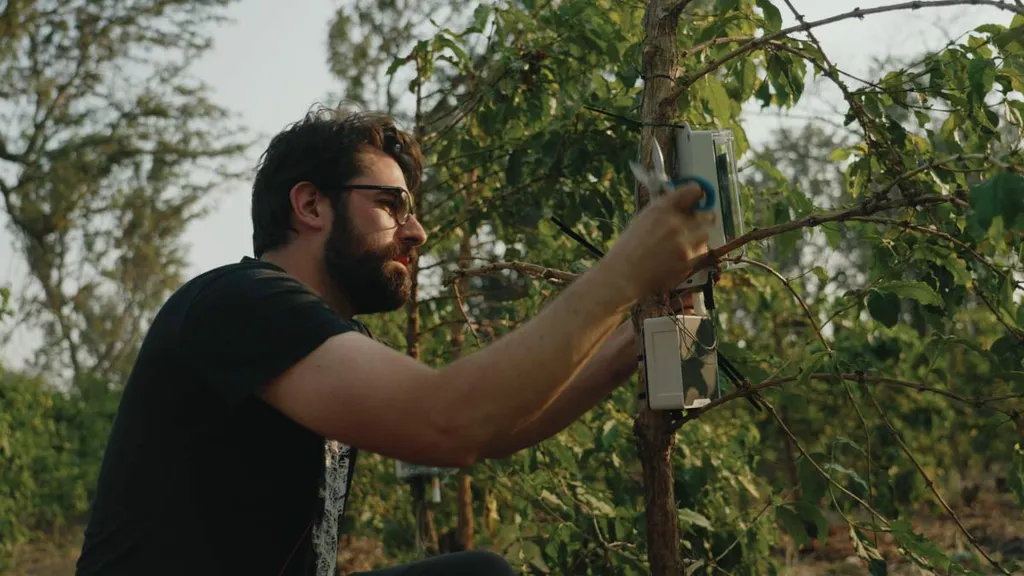In the heart of Tanzania, researchers are brewing up a solution to a global problem that threatens the very essence of our morning rituals. Coffee leaf rust (CLR), a fungal disease caused by Hemileia vastatrix, has been wreaking havoc on coffee plantations worldwide, posing a significant threat to global coffee production. But a novel approach developed by Adrian Jackob Karia, a researcher at Mbeya University of Science and Technology, is set to revolutionize the way we detect and manage this devastating disease.
Karia’s study, published in the Journal of Information Systems and Informatics (which translates to ‘Journal of Information Systems and Informatics’ in English), introduces a deep learning model called DenseNet201Plus, combined with transfer learning, to enhance the accuracy and efficiency of CLR detection. This isn’t just another academic exercise; it’s a practical solution that could reshape the future of precision agriculture and sustainable farming.
The model leverages pre-trained weights from large-scale image datasets, enabling it to adapt to the unique characteristics of CLR images with limited training data. “We fine-tuned the layers and optimized hyperparameters specifically for plant disease classification,” Karia explains. “This allows our model to achieve remarkable accuracy, even with a smaller dataset.”
The results speak for themselves. DenseNet201Plus achieved an impressive 99.0% accuracy on the newly collected, high-quality Mbozi CLR dataset, outperforming the 97.78% accuracy on the publicly available ImageNet CLR dataset. This leap in performance across all metrics—accuracy, precision, recall, and F1-score—demonstrates the potential of this approach to transform coffee farming practices.
So, what does this mean for the coffee industry and beyond? For starters, early and accurate detection of CLR can lead to timely and targeted interventions, reducing crop losses and improving yield. “This method offers a scalable, real-time detection solution for field deployment,” Karia notes. “It supports precision agriculture, enabling farmers to take proactive measures before the disease spreads.”
The implications extend beyond coffee. The principles of DenseNet201Plus and transfer learning can be applied to other plant diseases, making this a versatile tool for sustainable farming. As the world grapples with climate change and the increasing pressure on agricultural systems, such innovations become crucial.
Karia’s work is a testament to the power of interdisciplinary research. By combining computer science, agriculture, and data analysis, he has developed a solution that could have a profound impact on global coffee production and beyond. “This research is just the beginning,” Karia says. “We are exploring ways to integrate this technology with drones and other IoT devices to create a comprehensive disease management system.”
As we stand on the brink of a new era in precision agriculture, Karia’s research offers a glimpse into a future where technology and farming go hand in hand. The journey from the labs of Mbeya University of Science and Technology to the coffee fields of the world is just beginning, and the potential is as vast as it is exciting.

